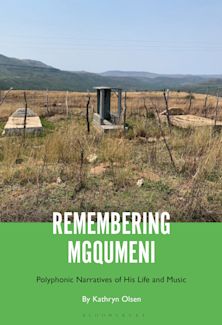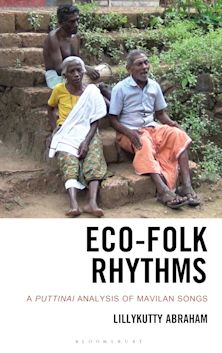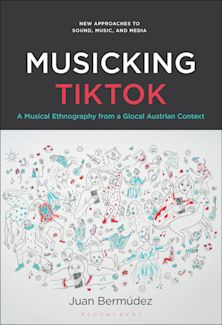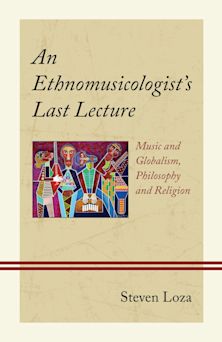Activism through Music during the Apartheid Era and Beyond
When Voices Meet
Activism through Music during the Apartheid Era and Beyond
When Voices Meet
This product is usually dispatched within 1 week
- Delivery and returns info
-
Free CA delivery on orders $40 or over
Description
Activism through Music during the Apartheid Era and Beyond documents the grassroots activism of Sharon Katz & the Peace Train against the backdrop of enormous diversity and the volatile social and political climate in South Africa during the early 1990s. Among the intersections of race, healing and the "soft power" of music, Katz offers a vision of the possibilities of national identity and belonging as South Africans grappled with the transition from apartheid to democracy. Through extensive fieldwork across two countries (South Africa and the United States) and drawing on personal experiences as a South African of color, Ambigay Yudkoff reveals a compelling narrative of multigenerational collaboration. This experience creates a sense of community fostering relationships that develop through music, travel, performances, and socialization. In South Africa and the United States, and recently in Cuba and Mexico, the Peace Train's journey in musical activism provides a vehicle for racial integration and intercultural understanding.
Table of Contents
Acknowledgments
1. Get on the Peace Train
2. Creating a Platform for Musical Activism
3. Glimpses of Musical Activism on a Transcontinental Journey
4. Tracking and Triangulation through Film
5. Replicating the Peace Train Model in the United States
6. The Peace Train Rolls On
Glossary of Musical Styles
Appendices
References
Index
About the Author
Product details
| Published | Jun 24 2021 |
|---|---|
| Format | Hardback |
| Edition | 1st |
| Extent | 224 |
| ISBN | 9781793630544 |
| Imprint | Lexington Books |
| Illustrations | 38 b/w photos; 5 tables; |
| Dimensions | 228 x 162 mm |
| Series | Critical Studies in Historical Ethnomusicology: Deep Soundings |
| Publisher | Bloomsbury Publishing |
Reviews

ONLINE RESOURCES
Bloomsbury Collections
This book is available on Bloomsbury Collections where your library has access.



































